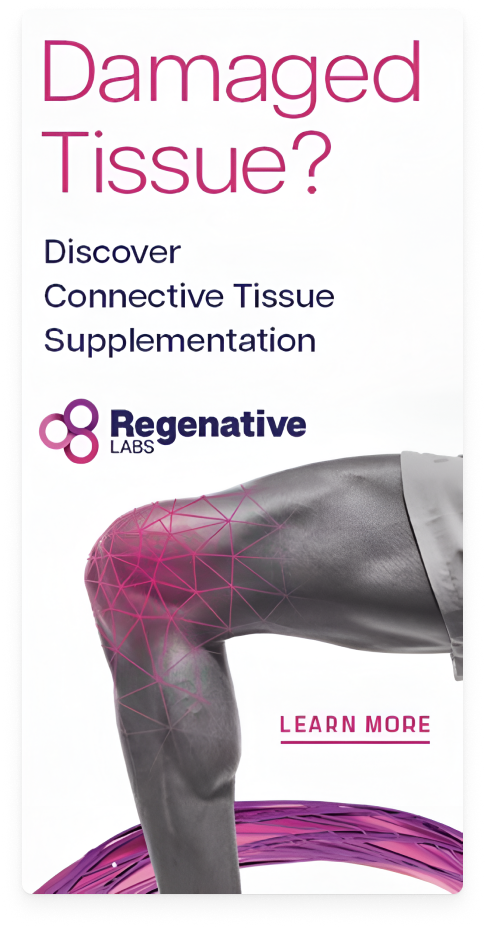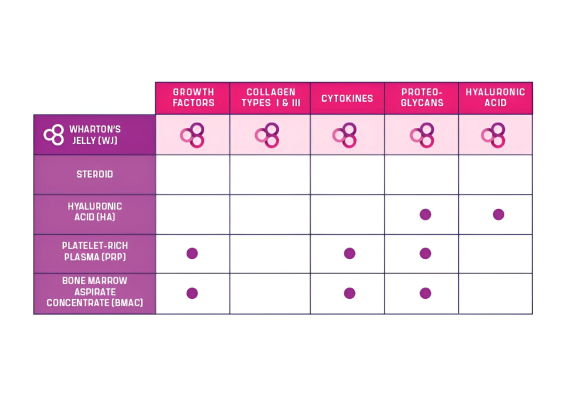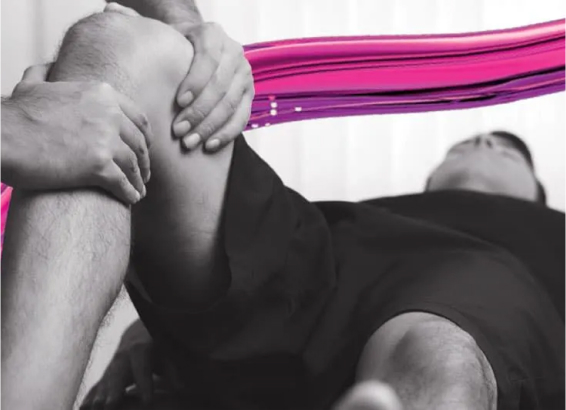ATLANTIC INTEGRATIVE MEDICINE
Connective Tissue
Supplementation In Chesapeake & Harrisonburg, VA

Connective Tissue Supplementation
A breakdown of connective tissue is common amongst many patients experiencing joint pain and mobility issues. Often, this breakdown in connective tissue is addressed with opiates or steroids to ease the patient’s discomfort.
When we experience pain, our body is sending us a message that something is wrong. Pain is merely a symptom of an underlying condition or injury. Using steroids or opiates alone to address pain caused by injury is akin to putting a picture over a hole in the wall instead of repairing the hole.
With connective tissue supplementation, you have an opportunity to address the problem at its source by inserting new, viable connective tissue ECM directly to the site of the breakdown, or defect (via syringe). The patient’s body can use the collagenic superstructure from the newly transplanted Wharton’s jelly as building blocks to fill voids or defects in cartilage beds or other soft tissues.
Effectively, you can identify & address the root cause instead of treating symptoms, giving you a shot at long-term improvement in your quality of life.
Schedule online. It's easy, fast and secure.
BOOK NOWAdvantages Of
Wharton’s Jelly
This connective tissue contains high amounts of extracellular matrix components including collagen types I, III, and V, elastin, and fibronectin that provide a natural scaffold to facilitate cellular adhesion1, 2. Wharton’s jelly primarily provides cushioning and structural support to the umbilical cord but also contains a natural source of long-chain hyaluronic acid as well as numerous cytokines and growth factors. Studies have described placental tissues to be “immune privileged” as they rarely evoke an immune response in the body, reducing the risk of adverse reaction.

Wharton's Jelly Informational Video
Frequently Asked Questions
Connective Tissue Supplementation
Advantages Of
Wharton’s Jelly
This connective tissue contains high amounts of extracellular matrix components including collagen types I, III, and V, elastin, and fibronectin that provide a natural scaffold to facilitate cellular adhesion1, 2. Wharton’s jelly primarily provides cushioning and structural support to the umbilical cord but also contains a natural source of long-chain hyaluronic acid as well as numerous cytokines and growth factors. Studies have described placental tissues to be “immune privileged” as they rarely evoke an immune response in the body, reducing the risk of adverse reaction.

